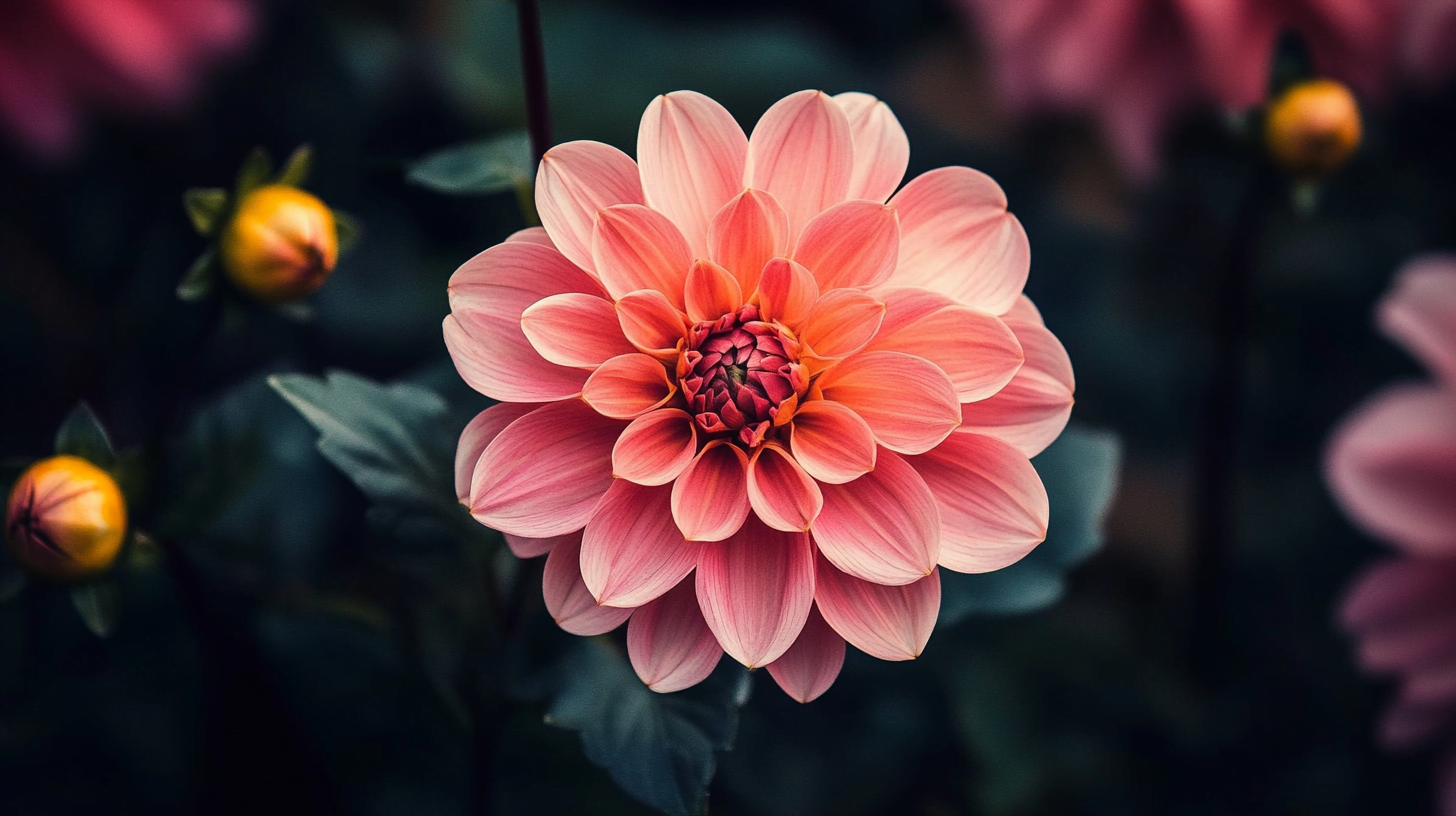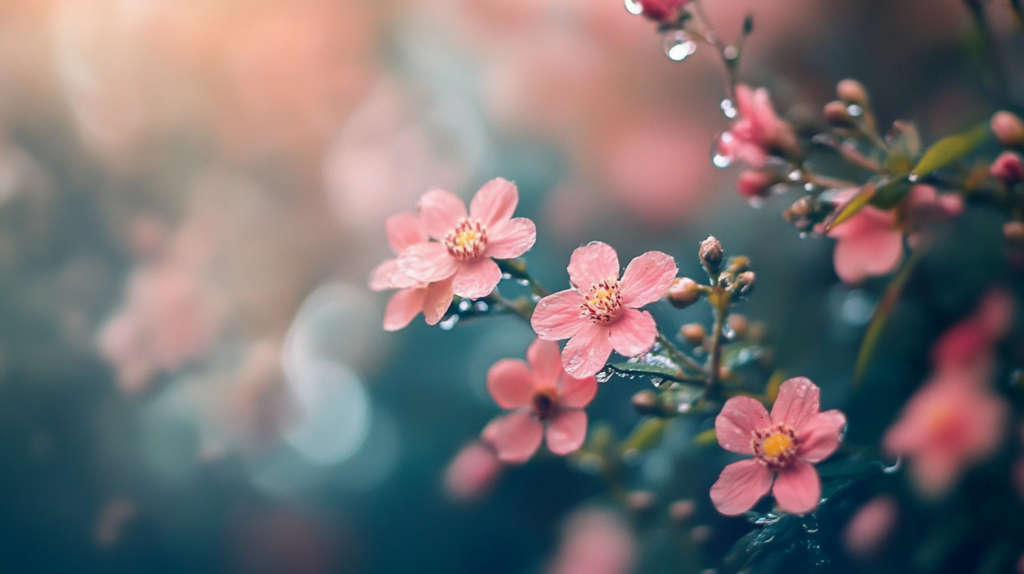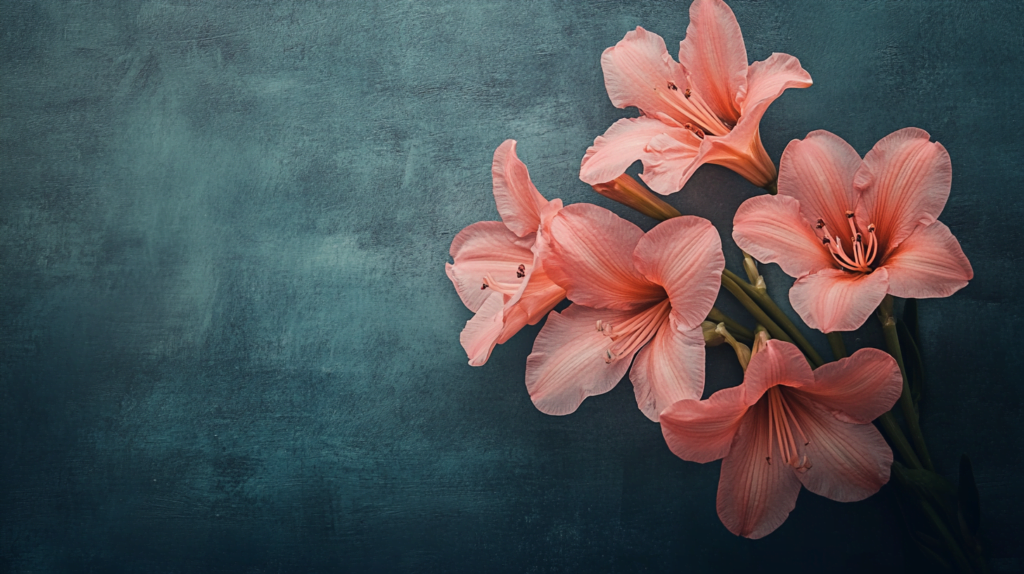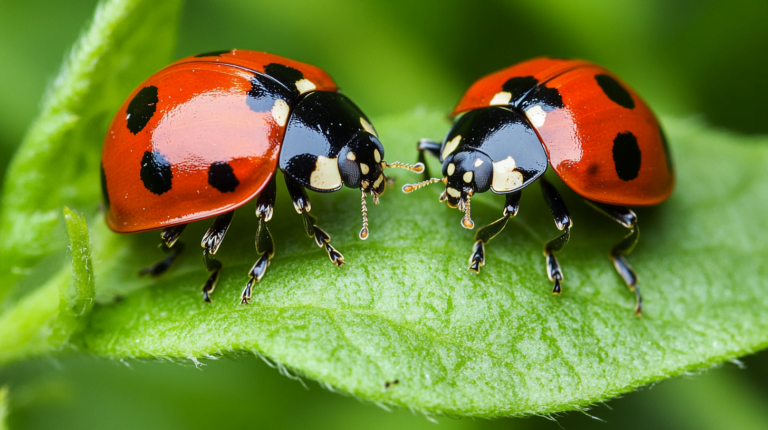Book Appointment Now
Are Flowers Good Luck? Unveiling Nature’s Lucky Charms
Discover the fascinating world of lucky flowers! Learn which blooms bring good fortune, their cultural significance, and scientific benefits. Find out how to use flowers for luck in love, career, and health. Are flowers really good luck? Explore the truth behind floral fortune in this comprehensive guide.

Table of Contents
Flowers have long captivated humanity with their beauty, fragrance, and symbolic meanings. Beyond their aesthetic appeal, many cultures believe certain blooms bring good fortune and positive energy. Let’s explore the fascinating world of lucky flowers and their potential to enhance our lives.
The Historical Roots of Flower Luck
The association between flowers and luck has deep historical roots. Ancient civilizations often attributed magical properties to various plants and blossoms. For example:
- Ancient Egyptians revered the lotus flower as a symbol of rebirth and good fortune
- Greeks and Romans associated specific flowers with deities, believing they could bring divine favor
- Chinese culture has long considered certain blooms, like peonies and chrysanthemums, as harbingers of prosperity
As societies evolved, these beliefs became interwoven with cultural traditions, religious practices, and folklore. Today, the idea of lucky flowers continues to resonate across the globe, influencing everything from wedding bouquets to home decor.
Lucky Flowers Around the World
Different cultures have their own unique perspectives on which flowers bring good luck. Here’s a look at some popular lucky blooms from various regions:
Asian Lucky Flowers
| Flower | Country | Symbolism |
|---|---|---|
| Cherry Blossoms | Japan | Renewal and good fortune |
| Peonies | China | Wealth and honor |
| Lotus | India | Purity and enlightenment |
Western Lucky Flowers
- Four-leaf clover: While technically not a flower, this rare variation of the three-leaf clover is a well-known symbol of luck in Western cultures
- Lily: In Christianity, the lily represents purity and divine blessing
- Sunflower: Often associated with happiness and good fortune in various European traditions
Other Cultural Flower Luck Beliefs
- Marigolds in Mexican culture are believed to guide spirits and bring good luck during Day of the Dead celebrations
- Jasmine is considered lucky in many Middle Eastern countries, symbolizing love and good fortune
- Orchids are seen as bringers of luck and prosperity in numerous Southeast Asian nations
The Science Behind Flower Luck: More Than Just Superstition?
While the concept of lucky flowers may seem purely superstitious, there’s scientific evidence suggesting that flowers can positively impact our well-being and, by extension, our perception of luck. Here are some fascinating findings:
- Mood Enhancement: Studies have shown that exposure to flowers can significantly improve mood and reduce stress levels. This positive emotional state may lead to a more optimistic outlook and increased perception of “good luck.”
- Cognitive Function: Research indicates that having flowers in living or working spaces can enhance cognitive performance, potentially leading to better decision-making and problem-solving skills.
- Social Connections: Flowers have been found to facilitate social bonding and increase empathy. Stronger social connections often correlate with a sense of good fortune and support.
- Air Quality: Many plants and flowers act as natural air purifiers, removing toxins and improving indoor air quality. Better air quality can lead to improved health and well-being, which may be perceived as “good luck” in terms of overall life quality.
While these benefits don’t directly equate to luck in the traditional sense, they demonstrate how flowers can positively influence our lives in tangible ways.

Lucky Flowers for Different Aspects of Life
Different flowers are believed to bring luck to specific areas of life. Here’s a guide to choosing the right lucky flower based on your needs:
Love and Relationships
- Red Roses: Universally recognized as a symbol of love, red roses are thought to attract romantic luck
- Orchids: In some cultures, orchids are believed to enhance fertility and relationship harmony
- Jasmine: Known for its intoxicating scent, jasmine is associated with attracting love and strengthening bonds
Career and Success
- Bamboo: Lucky bamboo is a popular office plant, believed to bring professional growth and success
- Chrysanthemums: In many Asian cultures, these flowers symbolize longevity and are thought to bring career advancement
- Sunflowers: Their bright, cheerful appearance is believed to attract positive energy and success in endeavors
Health and Wellness
- Lavender: Known for its calming properties, lavender is believed to promote restful sleep and overall well-being
- Eucalyptus: This plant is thought to bring cleansing energy and boost immune function
- Chamomile: Often used in teas, chamomile is associated with relaxation and good health
How to Use Flowers for Good Luck
To maximize the potential luck-bringing properties of flowers, consider these tips:
- Placement: Position lucky flowers in areas where you spend the most time or in locations associated with your goals (e.g., office for career luck, bedroom for relationship luck)
- Color Selection: Choose flower colors that align with your intentions. For example, yellow for happiness, purple for prosperity, or pink for love
- Care and Maintenance: Properly caring for your lucky flowers is believed to enhance their positive energy. Regular watering, pruning, and providing adequate sunlight are essential
- Intention Setting: When bringing lucky flowers into your space, take a moment to set an intention or make a wish. This mindful practice can help focus your energy on your goals
- Gifting: Sharing lucky flowers with others is thought to multiply their positive effects. Consider giving potted lucky plants or bouquets as thoughtful, fortune-bringing gifts
Remember, while these practices can be fun and potentially uplifting, the true power of “lucky” flowers often lies in their ability to boost mood, create a positive environment, and remind us of our goals and aspirations.
The Dark Side: Are Some Flowers Considered Unlucky?
While many flowers are associated with good fortune, some cultures believe certain blooms can bring bad luck. It’s important to be aware of these beliefs, especially when giving flowers as gifts or using them in important events. Here are some flowers that are considered unlucky in various traditions:
- Lilies: In some Western cultures, lilies are associated with funerals and death, making them inappropriate for celebratory occasions
- Marigolds: Despite being lucky in some cultures, marigolds are associated with grief in Mexico and parts of Eastern Europe
- White Flowers: In many Asian cultures, white flowers are used in funerals and are considered unlucky for other occasions
It’s always wise to research cultural flower meanings when traveling or interacting with people from different backgrounds to avoid unintentionally sending the wrong message.
Modern Interpretations of Flower Luck
In today’s globalized world, the concept of lucky flowers has evolved and taken on new dimensions:
- Social Media Influence: Platforms like Instagram and Pinterest have popularized certain flowers as “lucky” based on their aesthetic appeal and perceived positive vibes
- Corporate Branding: Some companies use lucky flowers in their logos or office decor to evoke a sense of prosperity and good fortune
- Wellness Trends: The rise of holistic wellness practices has led to increased interest in using flowers and plants for their purported energy-cleansing and luck-attracting properties
While these modern interpretations may not always align with traditional beliefs, they demonstrate the enduring human fascination with the idea that nature can influence our fortunes.

Conclusion: Are Flowers Really Good Luck?
After exploring the cultural significance, scientific benefits, and modern interpretations of lucky flowers, we can conclude that while flowers may not possess magical luck-granting powers, they certainly have the potential to positively impact our lives. Here’s why:
- Psychological Boost: The beauty and fragrance of flowers can lift our spirits and create a more positive outlook, which may lead to better life outcomes
- Environmental Enhancement: Plants and flowers improve air quality and create more pleasant living spaces, contributing to overall well-being
- Cultural Connections: Engaging with lucky flower traditions can help us feel more connected to our heritage or to new cultures we encounter
- Mindfulness Practice: Caring for plants and appreciating their beauty can serve as a form of mindfulness, reducing stress and improving mental health
Ultimately, whether flowers bring “luck” may depend more on our perception and the positive actions we take when surrounded by these natural wonders. By embracing the beauty and symbolism of lucky flowers, we open ourselves to a more optimistic, nature-connected way of living – and that itself might be the greatest luck of all.



